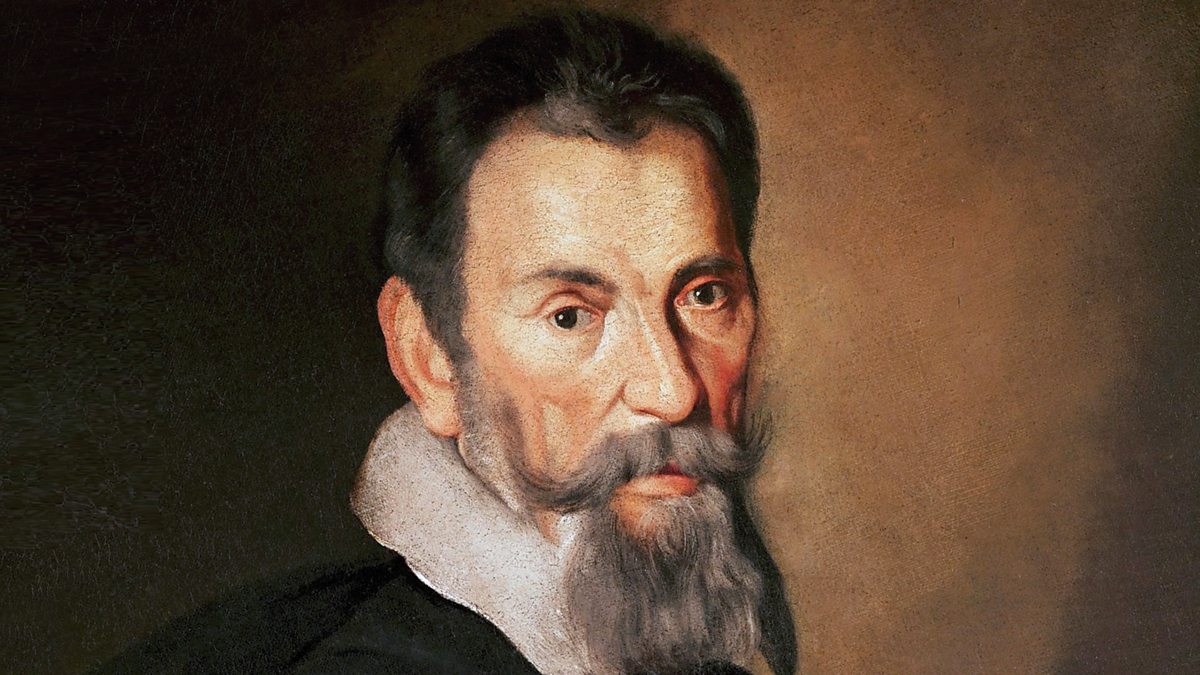
Top 10 Verdi Songs
Giuseppe Verdi (1813-1901) is one of the most celebrated opera composers in the history of classical music. His works, known for their powerful melodies, intricate[…]
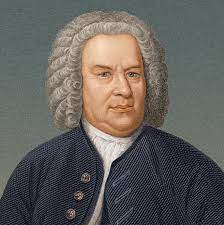
Top 10 Bach Songs
Johann Sebastian Bach (1685-1750) stands as one of the most celebrated composers in the Western classical tradition. His work, characterized by intricate counterpoint and profound[…]
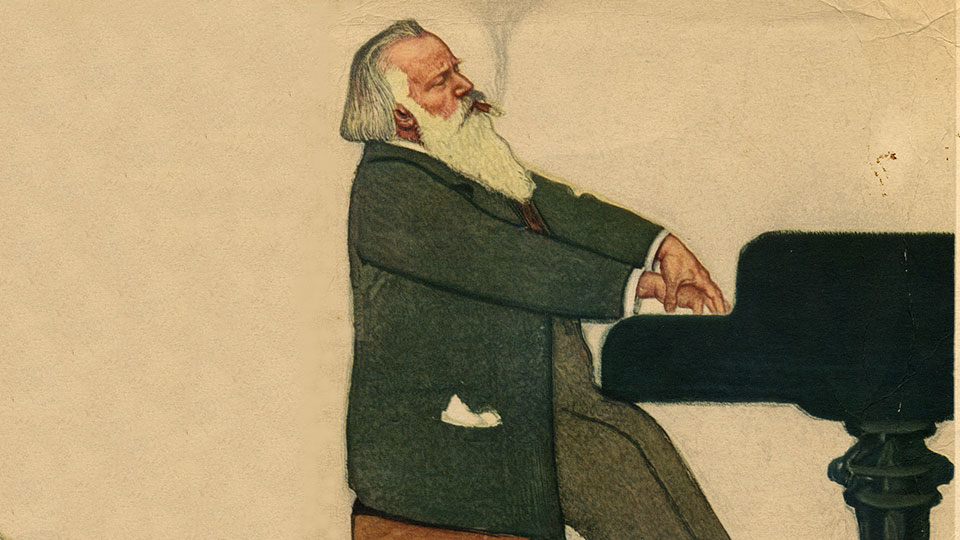
Top 10 Brahms Songs
Johannes Brahms (1833–1897) stands as one of the towering figures in classical music, celebrated for his deep, complex compositions that marry technical mastery with profound[…]
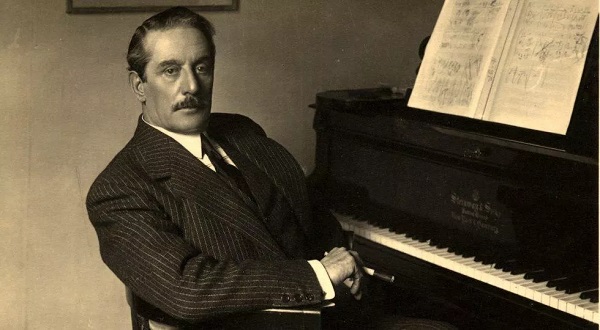
Giacomo Puccini – Biography and History
Giacomo Antonio Domenico Michele Secondo Maria Puccini was born on December 22, 1858, in Lucca, Tuscany, Italy. He hailed from a musical lineage; his family[…]
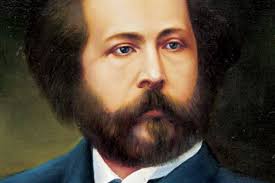
Édouard Lalo – Biography and History
Édouard-Victoire-Antoine Lalo was born on January 27, 1823, in Lille, France. A prominent composer of the Romantic era, Lalo is celebrated for his distinctive compositions[…]
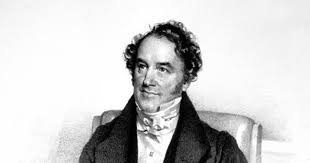
Conradin Kreutzer – Biography and History
Conradin Kreutzer, born on November 22, 1780, in Meßkirch, a small town in the Swabian region of Germany, emerged as a prominent composer and conductor[…]
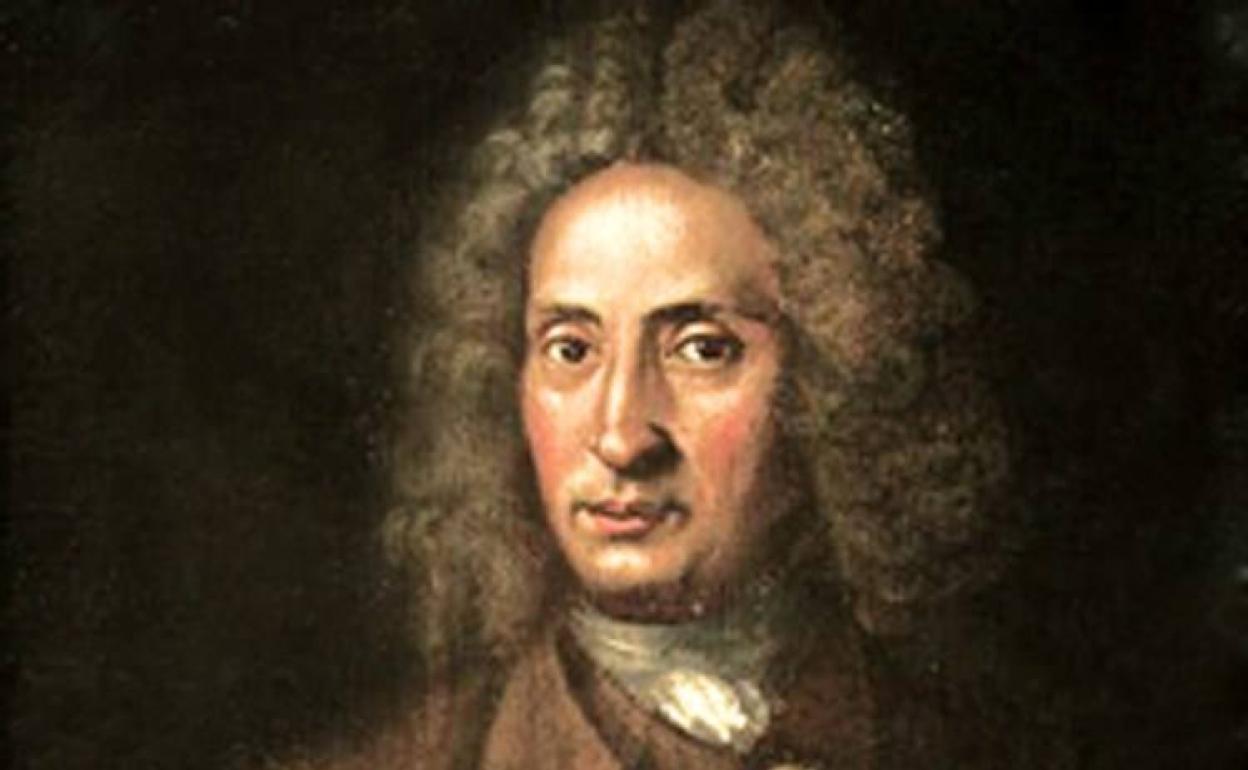
Tomaso Albinoni – Biography and History
Tomaso Giovanni Albinoni (June 8, 1671 – January 17, 1751) was an Italian Baroque composer renowned for his instrumental music, particularly his concertos, sonatas, and[…]
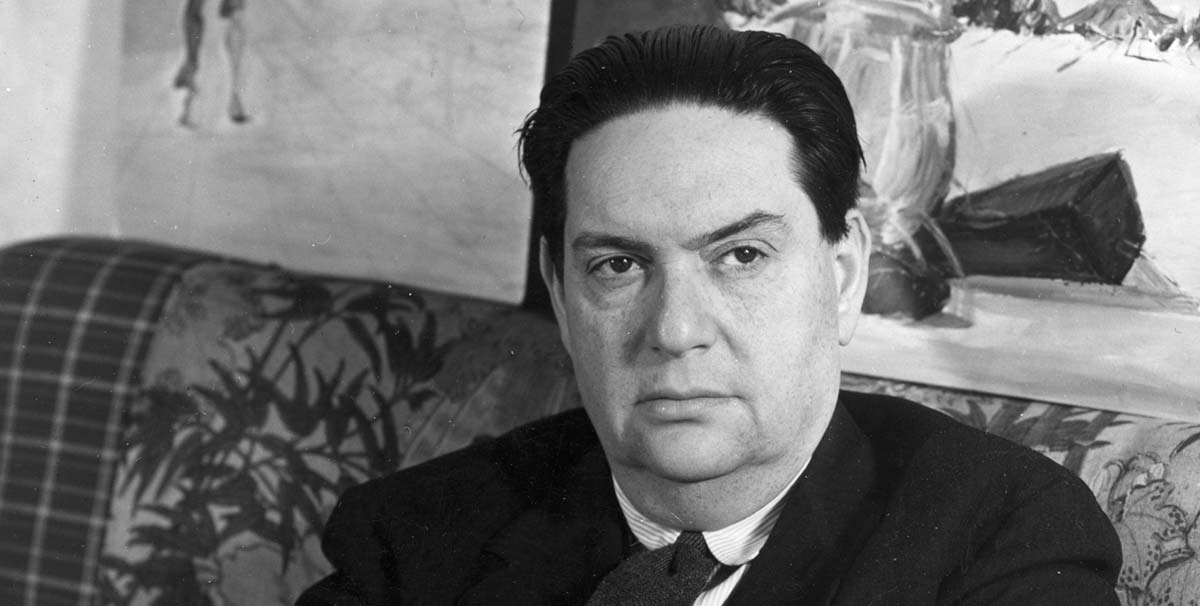
Darius Milhaud – Biography and History
Darius Milhaud, born on September 4, 1892, in Marseille, France, was a prominent and prolific composer of the 20th century. He was a key member[…]

Anton Bruckner – Biography and History
Anton Bruckner was born on September 4, 1824, in Ansfelden, a small village near Linz, Austria. He was the eldest of eleven children in a[…]
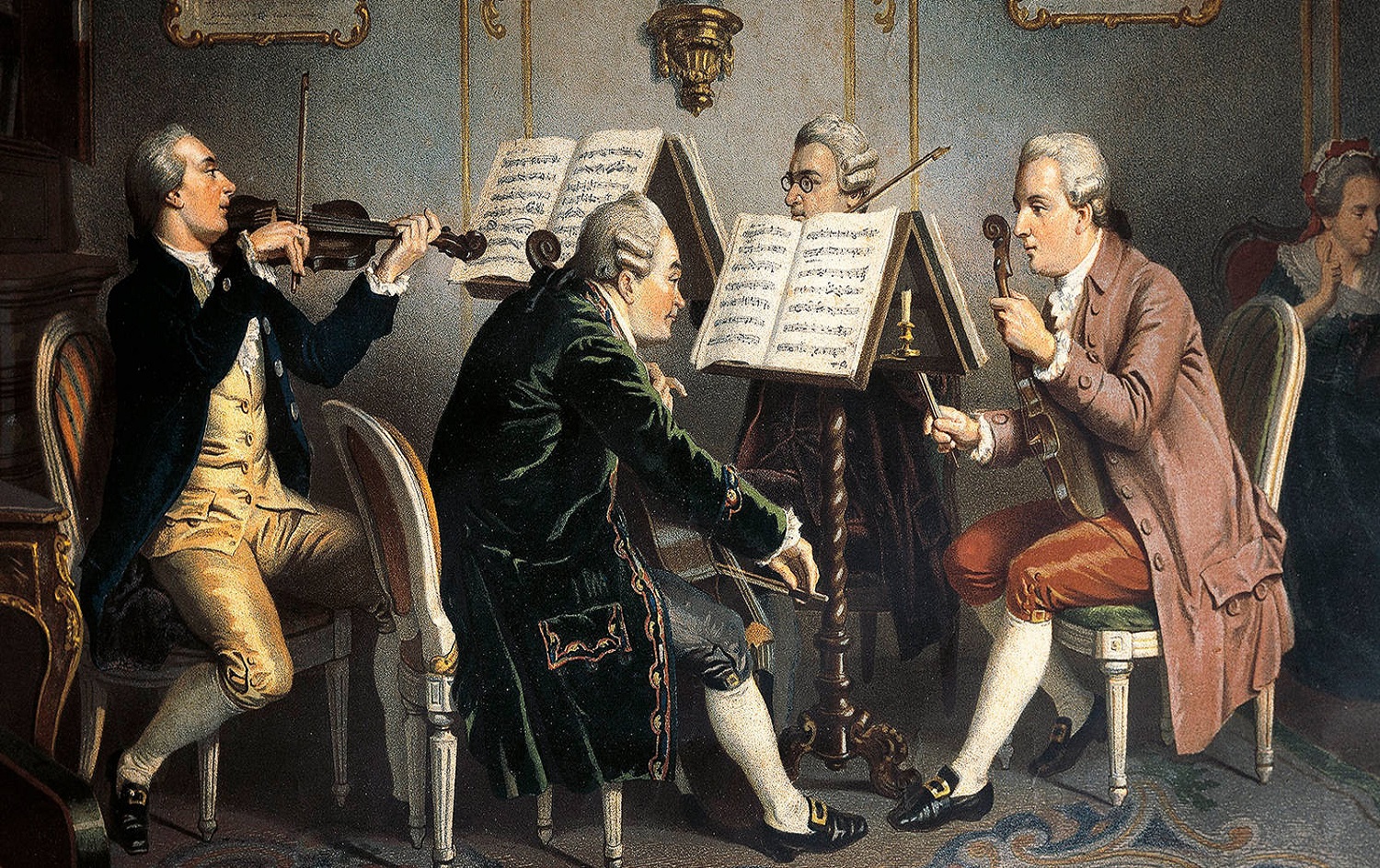
The History of Classical Music
Classical music, a genre rooted in the traditions of Western culture, spans a broad period from the Middle Ages to the present day. Its history[…]